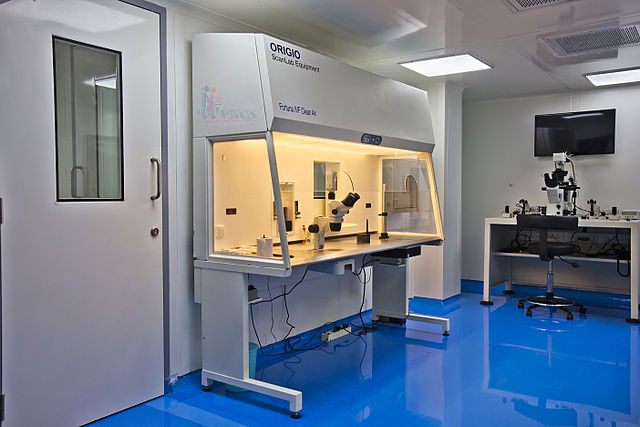CGS-authored

For the first time, scientists have edited the DNA in human embryos to make a fundamental discovery about the earliest days of human development.
By modifying a key gene in very early-stage embryos, the researchers demonstrated that a gene plays a crucial role in making sure embryos develop normally, the scientists say.
The finding might someday lead to new ways for doctors to help infertile couples have children, and could aid future efforts to use embryonic stem cells to treat incurable diseases, the researchers say.
The work also provides the first direct evidence that manipulating DNA in human embryos can yield insights into how a single cell becomes a complex human. That has been the major justification for allowing scientists to change human DNA in ways that could be passed town to future generations, a step that had long been considered off limits because of fears about safety and opening the door to "designer babies."
"This proof of principle lays out a framework for future investigations that could transform our understanding of human biology," the researchers write in reporting their...



